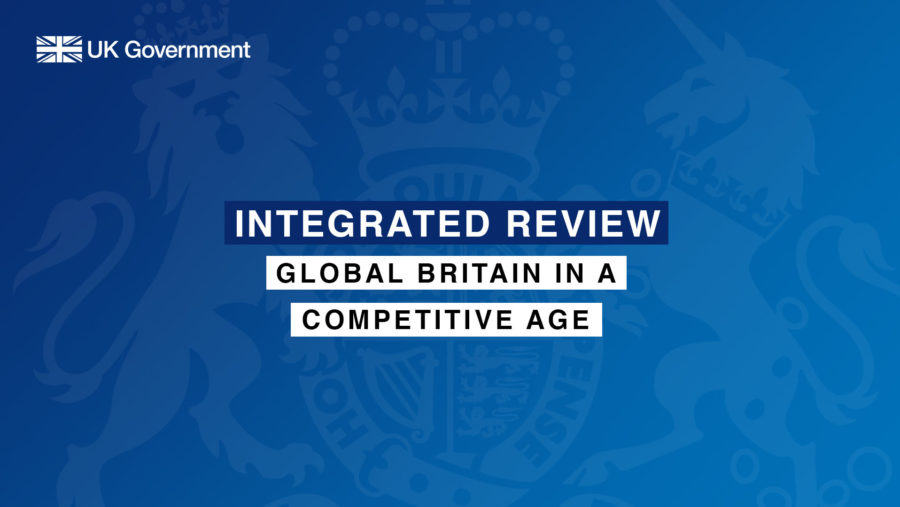During my career in the UK’s foreign service I have experienced how British foreign policy can be both stable and flexible at the same time.
Does that sound like a paradox? It is entirely logical. For as long as I can remember, the UK government has sought to defend and promote human rights, democracy, rule of law and free trade. At the same time, our geopolitical focus has naturally shifted in line with historic and economic developments.
When I joined the Foreign Office in the early 1980s, the Berlin Wall still ran through the centre of Berlin; and Austria was separated from Czechoslovakia by a death zone. The Chinese economy was insignificant for world trade. Today, technological and economic developments throw up a different set of international challenges.
To ensure that the UK is confident and clear of its place in the world in 2021, Prime Minister Boris Johnson commissioned an Integrated Review of the UK’s foreign and security policy objectives. The Review was published on 16 March.
The document, which can be found here, lists five key priorities for the future:
Solving global challenges, for example:
- Tackling climate change and biodiversity loss
- Helping the world to beat Covid-19
Investing in science and technology and acting as a responsible cyber power,
- Building a strong network of international science and technology partnerships
- Promoting a free, open, peaceful and secure cyberspace & detecting, disrupting and deterring our adversaries
- Protecting and defending our interests in the increasingly important domain of space
Acting as a force for good in the world, defending democracy and human rights, for example
- Using our leadership on international development to help tackle global poverty and achieve the sustainable development goals by 2030
- Championing gender equality, including getting 40 million more girls into school in low and middle income countries by 2025
- Defending press and media freedom and promoting freedom of religion or belief, including through an international ministerial conference in 2022.
Championing the free flow of trade, capital and knowledge as the best way to drive economic growth
- Strengthening the global trading system and updating rules, especially on environment, services and digital sector
- Challenging those who consistently pursue unfair, trade-distorting practices
Taking a more robust approach to security and deterrence, for example:
- Increasing our investment in defence to 2.2% of GDP
- Reaffirming our commitment to NATO and supporting its adaptation to new threats
- Strengthening global arms control disarmament and counter-proliferation
The Integrated Review sets out the Government’s vision of the UK’s role in the world through to 2030 and the action we will take domestically and with other countries to ensure that we are stronger, safer and more prosperous in a more competitive age.
What does that mean for our work in Vienna?
Many areas of our work with our friends and partners in Austria are directly related to the Integrated Review. To take a few examples:
- We shall continue to work with Austria to deliver a strong outcome at the COP26 Summit in Glasgow in November 2021. The future of humankind depends on this conference achieving concrete results.
- We shall focus even more strongly on science and innovation, where the UK is already one of the key partner to Austrian universities and research institutions. Many British researchers work in Austria, for example at the IST in Klosterneuburg which has strong links to the Crick Institute in the UK
- We shall continue to work with Austria and the International Press Institute in Vienna to defend media freedom around the world.
- We shall strengthen our partnership with the Austrian Wirtschaftskammer and the Federation of Industries to promote free trade.
- We shall continue to expand our security and defence partnership with Austria in areas such as counter terrorism and building up cyber capability.
- And we shall continue to discuss and develop joint areas of co-operation in key areas of foreign policy where Austria has special expertise and experience, such as the Western Balkans.
Someone told me many years ago “to make an Austrian happy, show them you have a “Konzept” (a conceptual framework). To make them truly joyful, show them you have a “Gesamtkonzept” (an overarching conceptual framework). The IR is by any measure a Gesamtkonzept for a UK foreign and security policy that engages with the world in a way that is both stable and flexible. I look forward to working with Austria on key areas of its implementation.

